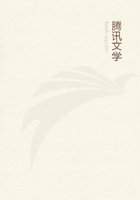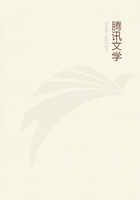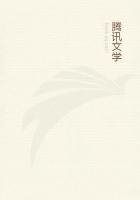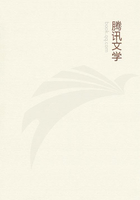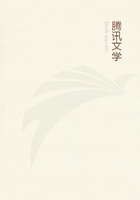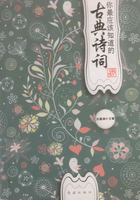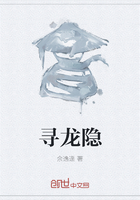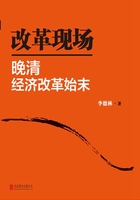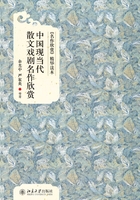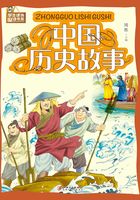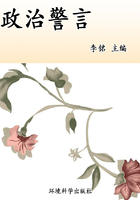He was charged with the interruption of the sittings of the 20th of June, 1789, with the Bed of Justice held on the 23d of the same month, the aristocratic conspiracy thwarted by the insurrection of the 14th of July, the entertainment of the Life Guards, the insults offered to the national cockade, the refusal to sanction the Declaration of Rights, as well as several constitutional articles; lastly, all the facts which indicated a new conspiracy in October, and which were followed by the scenes of the 5th and 6th; the speeches of reconciliation which had succeeded all these scenes, and which promised a change that was not sincere; the false oath taken at the Federation of the 14th of July; the secret practices of Talon and Mirabeau to effect a counter-revolution; the money spent in bribing a great number of deputies; the assemblage of the "knights of the dagger" on the 28th of February, 1791; the flight to Varennes; the fusilade of the Champ de Mars; the silence observed respecting the Treaty of Pilnitz; the delay in the promulgation of the decree which incorporated Avignon with France; the commotions at Nimes, Montauban, Mende, and Jales; the continuance of their pay to the emigrant Life Guards and to the disbanded Constitutional Guard; the insufficiency of the armies assembled on the frontiers; the refusal to sanction the decree for the camp of twenty thousand men; the disarming of the fortresses; the organisation of secret societies in the interior of Paris; the review of the Swiss and the garrison of the palace on the 10th August; the summoning the Mayor to the Tuileries; and lastly, the effusion of blood which had resulted from these military dispositions. After each article the President paused, and said, "What have you to answer?" The King, in a firm voice, denied some of the facts, imputed others to his ministers, and always appealed to the constitution, from which he declared he had never deviated. His answers were very temperate, but on the charge, "You spilt the blood of the people on the 10th of August," he exclaimed, with emphasis, "No, monsieur, no; it was not I."
All the papers on which the act of accusation was founded were then shown to the King, and he disavowed some of them and disputed the existence of the iron chest; this produced a bad impression, and was worse than useless, as the fact had been proved.
[A secret closet which the King had directed to be constructed in a wall in the Tuileries. The door was of iron, whence it was afterwards known by the name of the iron chest. See Thiers, and Scott.]
Throughout the examination the King showed great presence of mind.
He was careful in his answers never to implicate any members of the constituent, and legislative Assemblies; many who then sat as his judges trembled lest he should betray them. The Jacobins beheld with dismay the profound impression made on the Convention by the firm but mild demeanour of the sovereign. The most violent of the party proposed that he should be hanged that very night; a laugh as of demons followed the proposal from the benches of the Mountain, but the majority, composed of the Girondists and the neutrals, decided that he should be formally tried.
After the examination Santerre took the King by the arm and led him back to the waiting-room of the Convention, accompanied by Chambon and Chaumette. Mental agitation and the length of the proceedings had exhausted him, and he staggered from weakness. Chaumette inquired if he wished for refreshment, but the King refused it. A moment after, seeing a grenadier of the escort offer the Procureur de la Commune half a small loaf, Louis XVI. approached and asked him, in a whisper, for a piece.
"Ask aloud for what you want," said Chaumette, retreating as though he feared being suspected of pity.
"I asked for a piece of your bread," replied the King.
"Divide it with me," said Chaumette. "It is a Spartan breakfast. If I had a root I would give you half."--[Lamartine's "History of the Girondists," edit. 1870, vol. ii., p. 313.]
Soon after six in the evening the King returned to the Temple. "He seemed tired," says Clery, simply, "and his first wish was to be led to his family. The officers refused, on the plea that they had no orders.
He insisted that at least they should be informed of his return, and this was promised him. The King ordered me to ask for his supper at half-past eight. The intervening hours he employed in his usual reading, surrounded by four municipals. When I announced that supper was served, the King asked the commissaries if his family could not come down. They made no reply. 'But at least,' the King said, 'my son will pass the night in my room, his bed being here?' The same silence. After supper the King again urged his wish to see his family. They answered that they must await the decision of the Convention. While I was undressing him the King said, 'I was far from expecting all the questions they put to me.' He lay down with perfect calmness. The order for my removal during the night was not executed." On the King's return to the Temple being known, "my mother asked to see him instantly," writes Madame Royale.
"She made the same request even to Chambon, but received no answer. My brother passed the night with her; and as he had no bed, she gave him hers, and sat up all the night in such deep affliction that we were afraid to leave her; but she compelled my aunt and me to go to bed. Next day she again asked to see my father, and to read the newspapers, that she might learn the course of the trial. She entreated that if she was to be denied this indulgence, his children, at least, might see him. Her requests were referred to the Commune. The newspapers were refused; but my brother and I were to be allowed to see my father on condition of being entirely separated from my mother. My father replied that, great as his happiness was in seeing his children, the important business which then occupied him would not allow of his attending altogether to his son, and that his daughter could not leave her mother."

